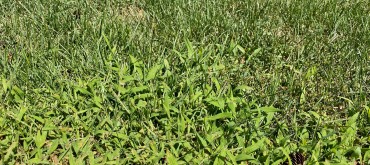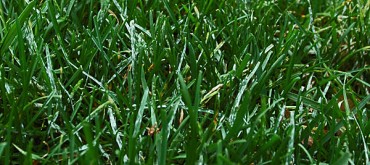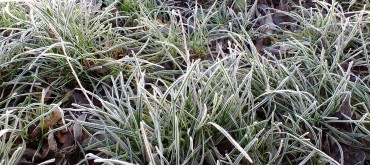07/15/2022
So over the last few weeks, we have stressed the importance of knowing how the heat affects your lawn, and this week we have chosen to highlight a particular insect that is important to watch out for in these hot mid-summer months. Chinch bugs thrive in warm dry conditions and prefer environments that lack moisture or poor fertilization. They are quite small, vary in their color depending on their maturity, and are most prominent come July.
Chinch bug damage comes from the insects’ consumption of the sap within the crown of the grass plant, and over time can cause the lawn to turn brown. As fall then approaches they retreat back towards the edges of homes or garden beds, where they reside over winter as adults. It is this annual migration to and from the lawn that is a usual telltale that they might be in your lawn, especially if this drought-like appearance is spreading from one of their overwinter sites like a garden.
The best defense against chinch bugs is a regularly fertilized lawn with proper watering, and proper mowing. Watering once to twice a week providing roughly 1 inch of water each time, and mowing no shorter than 3 inches will aid in creating a favourable environment for your bluegrass lawn and not for chinch bugs. A helpful tip if you are experiencing chinch bug damage is to apply a soapy water solution onto the lawn in those areas when they are most active followed shortly after with a good watering to rinse any remaining soap off the grass plant. Like many small plant feeding insects, soap is an ideal solution to discourage feeding, and reduce insect populations. As of last year, the government approved the release of a product that was proposed to work against these insects which we took advantage of and trialed for ourselves. Towards the end of the season, the results did not show a high enough efficacy to warrant offering it within our programs. As a company, we will be continuing our additional research and monitoring the development of any future products with the end goal of providing a possible solution to our customers.
If you are interested in learning more about how to maintain your lawn to help prevent stressors that can negatively affect it, you can visit our website below or contact our office.





